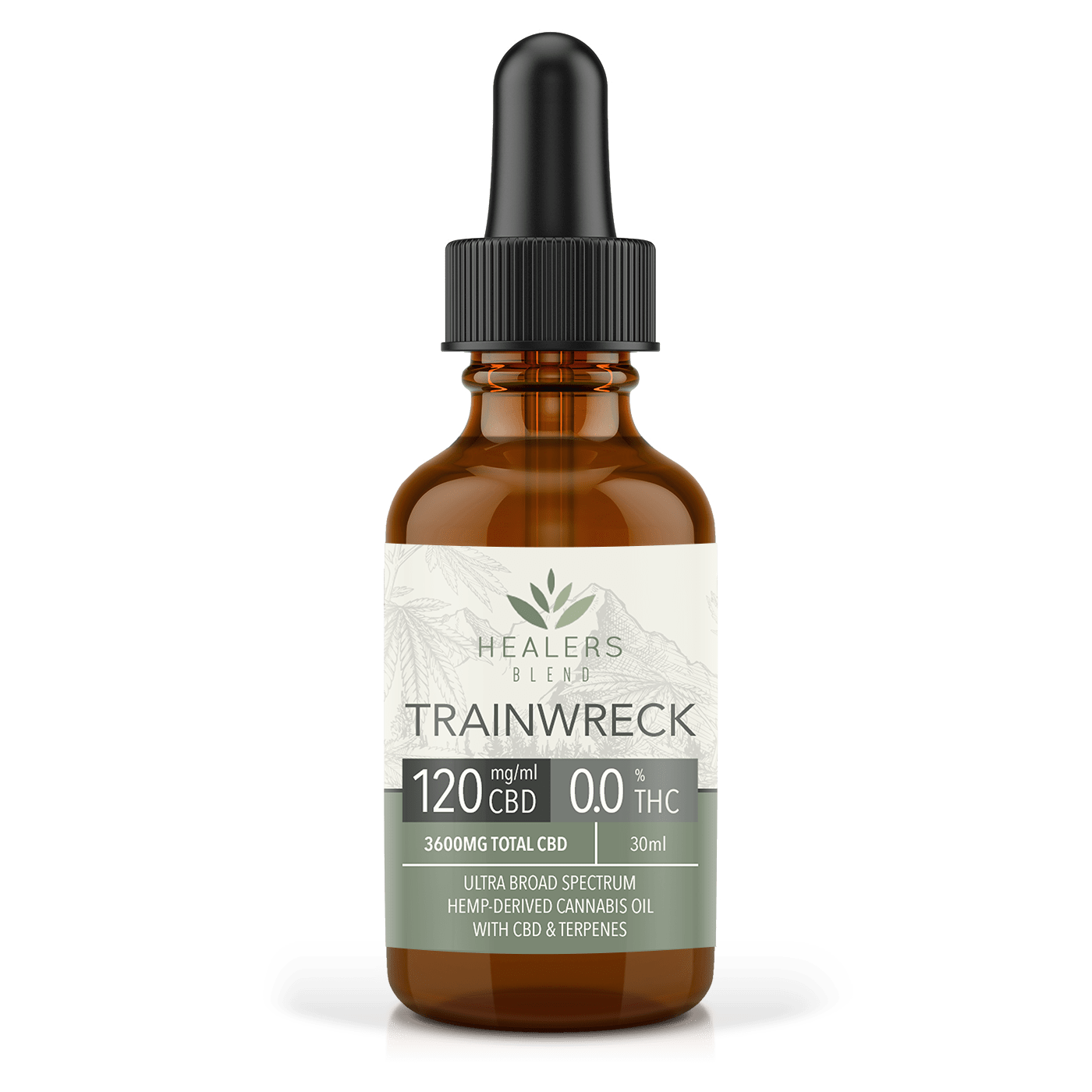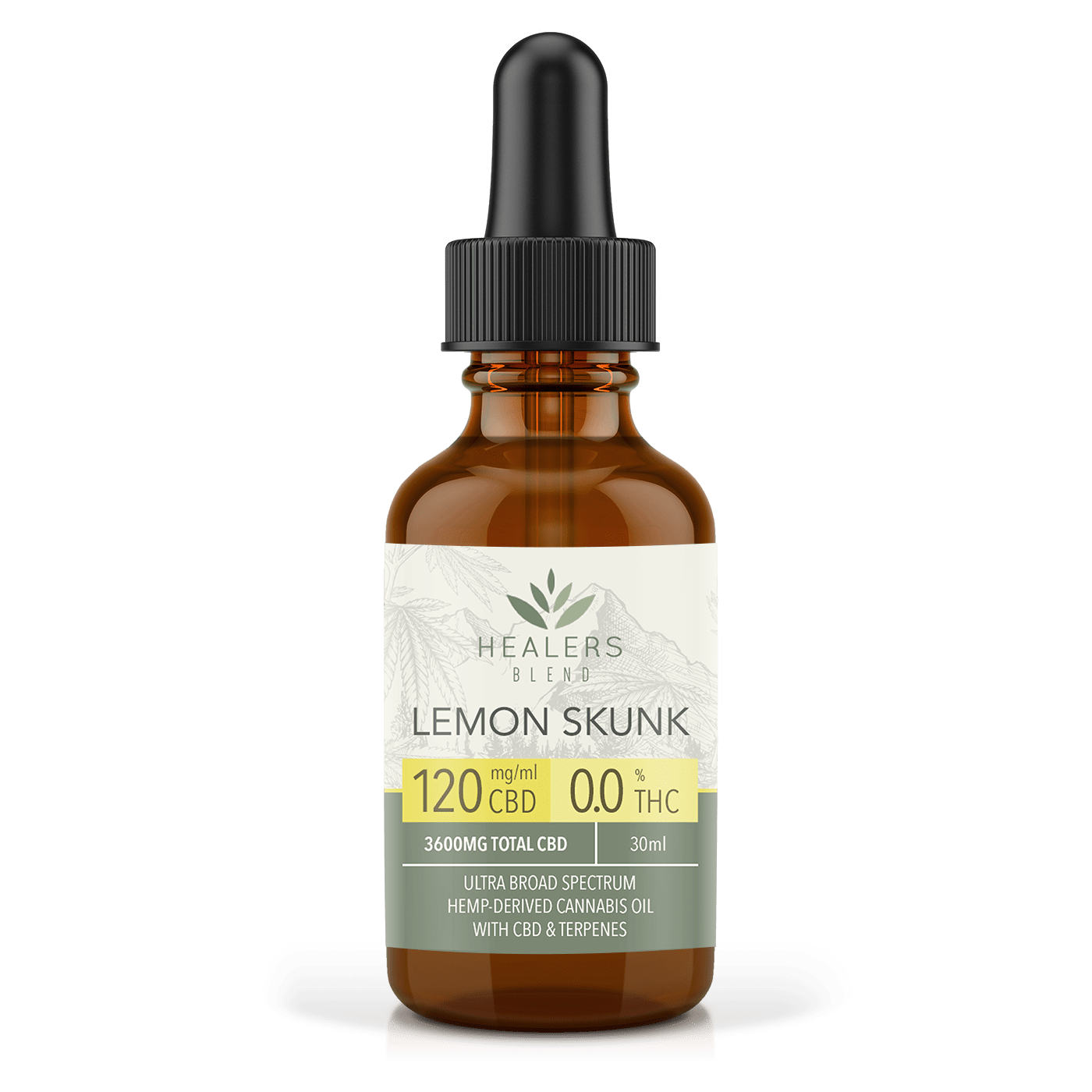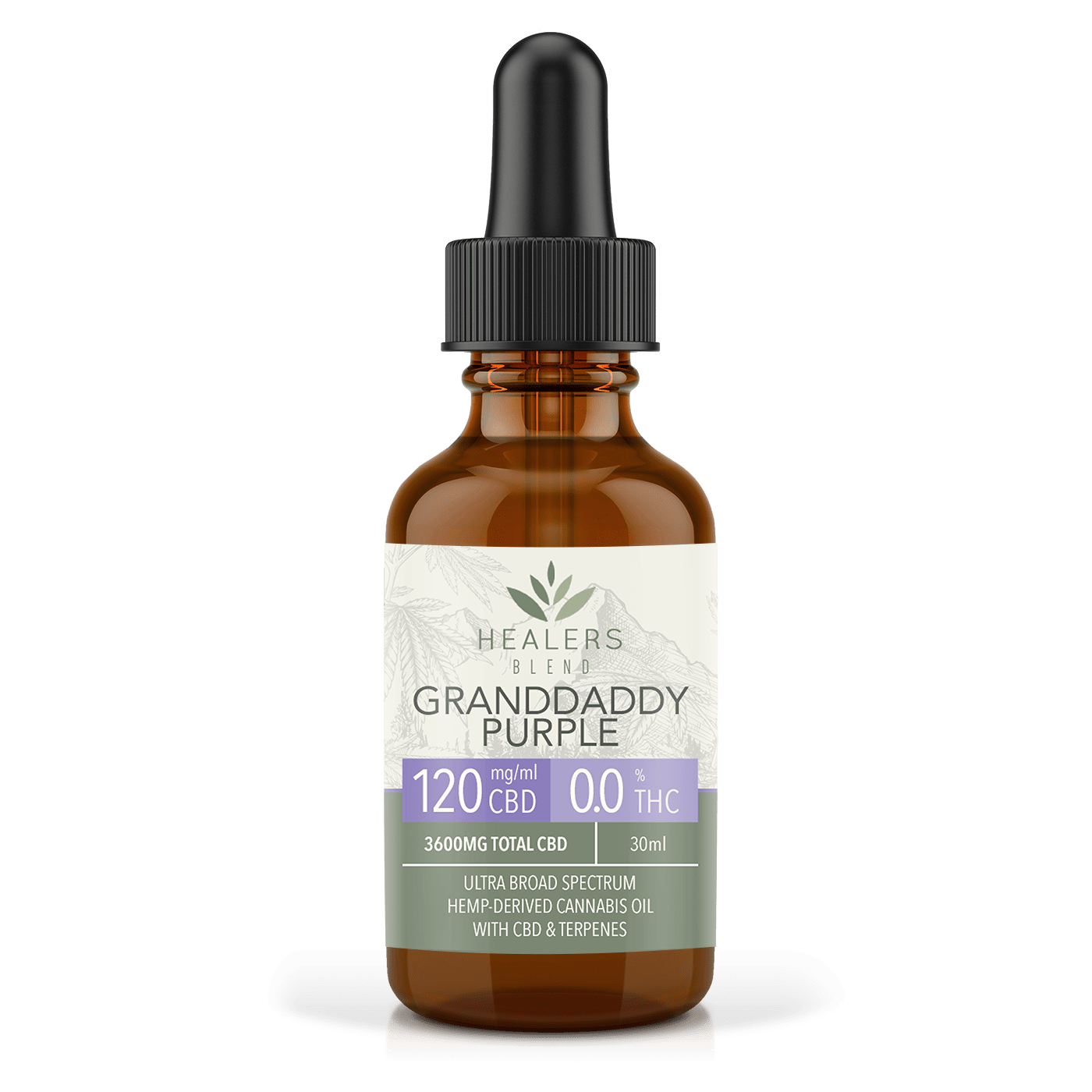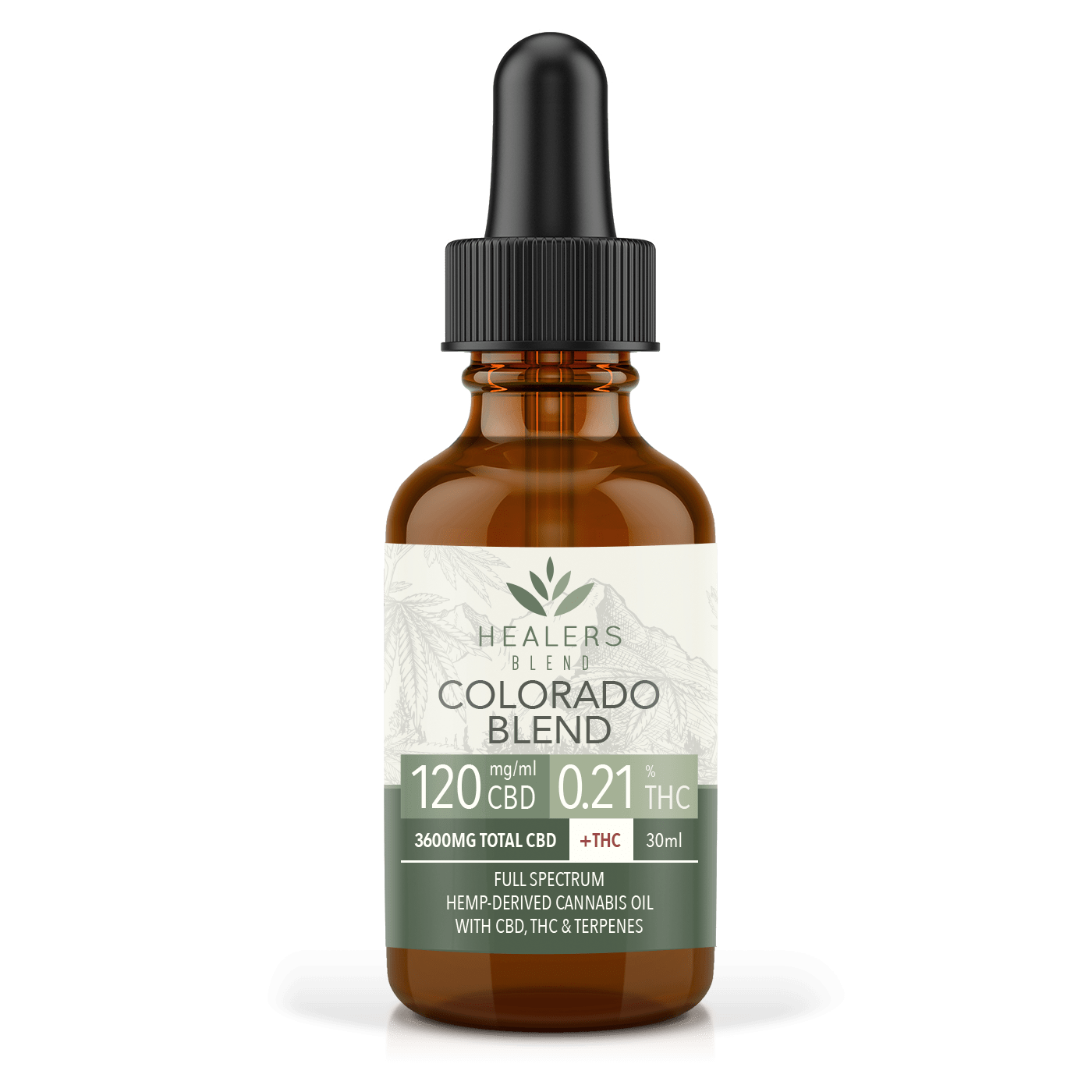Welcome to the Healers Blend Learning Lab! The information in these pages are designed for both the general consumer, as well as, health and medical practitioners seeking to expand their working knowledge of cannabis and the potential of cannabinoid based therapies. While we work to ensure the information in these pages and resources is accurate and up to date, we do not make any claims as to the veracity or totality of the information contained herein. Research into cannabis as medicine is ongoing and our understanding of its many potential benefits continues to grow everyday. Our hope is that you will find this information beneficial and inspiring in your own search to better understand the potential of this incredible plant to increase overall health, vitality, and well-being. CBD products are not approved by the FDA for the diagnosis, cure, mitigation, treatment, or prevention of any disease. We are restricted from making any claims about the efficacy of our specific CBD products to treat or cure any disease or medical conditions. You should always seek the advice of a physician before adding nutritional supplements to your diet. The following information is presented for educational purposes only. Healers Blend provides this information to provide an understanding of the potential applications of cannabidiol. Links to third party websites do not constitute an endorsement of these organizations by Healers Blend and none should be inferred.
Research on CBD Oil for Sleep Disorders
Research on CBD Oil for Sleep Disorders has led to some interesting discoveries regarding a good night’s sleep. Even with the best sleep hygiene, a lot of individuals cannot just seem to maintain a healthy sleep pattern. Preliminary studies into the cannabis plant now suggest that full spectrum CBD oil may have therapeutic qualities with regards to REM sleep behavior disorder and excessive daytime sleepiness. This article will try and summarize the results of the available research with regards to CBD oil, insomnia and other sleep disorders.
Studies Assessing the Effects of CBD Oil on Insomnia and Sleep Disorders
At some point in life, we all have some trouble sleeping due to stress or other external factors. Nonetheless, when sleeping issues start to occur on daily basis, it may point to the existence of a sleeping disorder. Sleep disorders include snoring, insomnia, central and obstructive sleep apnea, narcolepsy, restless legs syndrome, hypersomnia(daytime sleepiness), parasomnias, nightmares, night terrors and sleep walking.
While sleeping, we cycle through four stages of non-REM sleep and REM sleep, many times, in one night. Stage one of NREM sleep is the lightest while the fourth stage is the deepest. When you are constantly interrupted during normal sleep, your natural cycle falls out of sync. This in turn causes tiredness, fatigue and trouble concentrating when you are awake. This can put you at risk of getting into accidents such as car wrecks.
Since ancient times, the cannabis plant has been utilized to control pain and sleep disorders. With the new interest surrounding cannabis, more specifically CBD oil, scientists have been busy trying to find out the relationship between the endocannabinoid system and sleep. Here are some of the findings:
- CBD Oil induces wakefulness at low dosages
One study sought out to find the biological actions of CBD in sleep. The authors of the study administered 10 or 20 microg/1 directly into the wake-inducing areas of the brain. That is, the lateral hypothalamus (LH) or dorsal raphe nuclei (DRN). CBD was able to enhance wakefulness while minimizing slow wave sleep and REM sleep. The researchers concluded that CBD is a wake-inducing agent that may work by activating neurons in the DRN and LH.
- A combination of CBD Oil and THC may improve sleep quality
A report was carried out to examine studies that investigate the effects of Delta9-tetrahydrocannabinol (THC) and cannabidiol (CBD) on sleep in the context of neuropathic pain and symptoms of multiple sclerosis. The studies employed standardized cannabis-based medicines containing primarily CBD, THC or a 1 : 1 combination (Sativex).
The results showed a mild activating effect of CBD, and slight residual sedation when using THC-predominant extracts. To date, experience with Sativex in numerous studies encompassing over 2000 patients show significant improvement in the quality of sleep of patients suffering from a wide variety of pain conditions with an acceptable adverse effects profile. These include multiple sclerosis, intractable cancer pain, peripheral neuropathic pain and rheumatoid arthritis.
The study also recognized no CBD tolerance to the benefits of sleep and pain. Furthermore, there was no need for dosage increases in subjects who have been studied for up to four years. In this time, 40-50% of the subjects attained good or very good sleep quality.
- CBD Oil as an wake-inducing agent
Another study aimed to determine the effects of CBD oil on sleep. To do this, the researchers administered CBD intracerebroventricular (icv) in a dose of 10 microg/5 microl at the start of either the lights-on or the lights-off period. They found that CBD oil increased wakefulness when administered during the lights-on period while it decreased rapid eye movement sleep (REMS). No changes on sleep were observed during the light-off period.
In conclusion, the scientists argued that CBD regulates waking via activation of neurons in areas if the brain involved in generating alertness. That is, the hypothalamus and DRD.
They also noted that CBD increases dopamine levels. Since CBD is a wake-inducing agent, it may hold therapeutic value in modulating sleep disorders, for example excessive somnolence.
- CBD Oil induces wakefulness under small doses and improves sleep quality over time
A different study was designed to asses the effects on asleep after acute administration of CBD systemically. The scientists used adult male Wistar rats which were randomly distributed into four groups. The groups received intraperitoneal injections of 2.5 mg/kg, 10 mg/kg, 40 mg/kg or vehicle for four days.
The results showed that the total percentage of sleep increased significantly in the groups treated with 10 and 40 mg/kg of CBD compared to placebo in the test day.
The researchers concluded that the acute administration of CBD systemically seems to increase total sleep time, as well as increasing sleep latency in the lights-on period of the day of administration.
- CBD Oil counteracts the sedative effects of THC
A different double-blind and placebo-controlled study evaluated the effects of cannabis extracts on nocturnal sleep, memory, early-morning performance, and sleepiness in eight healthy volunteers. The group was divided into four and treated using placebo, 15 mg THC, combinations of 5 mg THC and 5 mg CBD, and 15 mg THC and 15 mg CBD. The sleep latency, and subjective evaluations of sleepiness and mood were recorded 10 hours after administration.
There results showed no effects of 15 mg THC on nocturnal sleep. When administered together (THC and CBD) the authors noted a decrease in stage 3 sleep, and with the higher dose combination of 15mg, wakefulness was increased.
The researchers concluded that 15mg of THC appears to be sedative. On the other hand, 15 mg CBD seems to exhibit alerting qualities since it increased awake activity during sleep. CBD oil also counteracts the residual sedative activity of 15 mg THC.
How CBD Oil Affects Sleep via the Endocannabinoid System
Some researchers hypothesized that the endocannabinoid (EC) system, a neuro-modulatory system, plays an important role in the regulation of up/down-states transitions and sleep. Up or down-state transitions are a form of network activity observed in the brain when sensory input into the cortex is reduced, such as during non-REM sleep. Up-states are caused by coordinated signaling between GABAergic and glutamatergic synapses and are regulated by systems that affect the balance between inhibition and excitation.
To test this hypothesis, they recorded the up-states from cultures of wild-type or CB1R knockout (KO) mouse prefrontal cortex. In the results, they were able to demonstrate that the endocannabinoid system actively controls cortical up-states and important qualities of NREM sleep. These include features such as duration and low frequency cortical oscillations.
Conclusion
In the U.S. alone, around 70 million people suffer from insomnia, sleep apnea or some kind of sleep disorder. In many places, CBD oil has been mistakenly described as sedative. Nonetheless, research shows that at modest doses, CBD oil has wake-inducing properties which may prove beneficial to patients suffering from sleep disorders such as hypersomnia. CBD oil decreases stage three sleep and also counteracts sleep the next day.
There is a good deal of anecdotal evidence suggesting that taking CBD oil a few hours before bedtime may improve sleep quality by regulating sleep patterns. Furthermore, due to its soothing and pain-relieving properties, CBD is a great choice for alleviating symptoms related to other conditions which may be keeping you from sleep.
Below is a list of all the studies summarized in this article and more, concerning the use of CBD oil for sleep disorders. In case of any new developments with regards to CBD oil for sleep disorders, come back to this page and we will be the first to let you know.
For more information on the use of CBD oil on treating other diseases, visit this page.
Research Studies on the effects of CBD Oil to treat Sleep Disorders:
- The nonpsychoactive Cannabis constituent cannabidiol is a wake-inducing agent
- Cannabis, pain, and sleep: Lessons from therapeutic clinical trials of Sativex
- Effects of acute systemic administration of CBDon sleep-wake cycle in rats
- Effect of Delta-9-tetrahydrocannabinol and cannabidiol on nocturnal sleep and early-morning behavior in young adults
- CBD modulates sleep in rats
- Endocannabinoid modulation of cortical up-states and NREMsleep
- Intranodose ganglion injections of dronabinol attenuate serotonin-induced apnea in Sprague-Dawley rat
- Endocannabinoid Signaling Regulates Sleep Stability
- Cannabis, Cannabinoids, and Sleep: a Review of the Literature
Medical Research on CBD (cannabidiol)
Clinical studies and case reports on CBD categorized by condition:
-
Research on CBD Oil for Acne
-
Research on CBD Oil for ADD – ADHD
-
Research on CBD Oil for Addiction
-
Research on CBD Oil for AIDS
-
Research on CBD Oil for ALS
-
Research on CBD Oil for Alzheimer’s Disease
-
Research on CBD Oil for Anorexia
-
Research on CBD Oil for Antibiotic Resistance
-
Research on CBD Oil for Anxiety
-
Research on CBD Oil for Arthritis
-
Research on CBD Oil for Asthma
-
Research on CBD Oil for Atherosclerosis
-
Research on CBD Oil for Autism (ASD)
-
Research on CBD Oil for Bipolar Disorder
-
Research on CBD Oil for Cancer
-
Research on CBD Oil for Chronic Pain
-
Research on CBD Oil for Depression
-
Research on CBD Oil for Diabetes
-
Research on CBD Oil for Digestive Issues
-
Research on CBD Oil for Endocrine Disorders
-
Research on CBD Oil for Epilepsy – Seizures
-
Research on CBD Oil for Fibromyalgia
-
Research on CBD Oil for Glaucoma
-
Research on CBD Oil for Heart Disease
-
Research on CBD Oil for Huntington’s Disease
-
Research on CBD Oil for Inflammation
-
Research on CBD Oil for Irritable Bowel Syndrome
-
Research on CBD Oil for Liver Disease
-
Research on CBD Oil for Metabolic Syndrome
-
Research on CBD Oil for Migraines
-
Research on CBD Oil for Mood Disorders
-
Research on CBD Oil for Motion Sickness
-
Research on CBD Oil for Multiple Sclerosis (MS)
-
Research on CBD Oil for Nausea
-
Research on CBD Oil for Neurodegeneration
-
Research on CBD Oil for Obesity
-
Research on CBD Oil for OCD
-
Research on CBD Oil for Osteoporosis
-
Research on CBD Oil for Parkinson’s Disease
-
Research on CBD Oil for PTSD
-
Research on CBD Oil for Rheumatism
-
Research on CBD Oil for Schizophrenia
-
Research on CBD Oil for Sickle Cell Anemia
-
Research on CBD Oil for Skin Conditions
-
Research on CBD Oil for Sleep Disorders
-
Research on CBD Oil for Stress
-
Research on CBD Oil for Strokes






